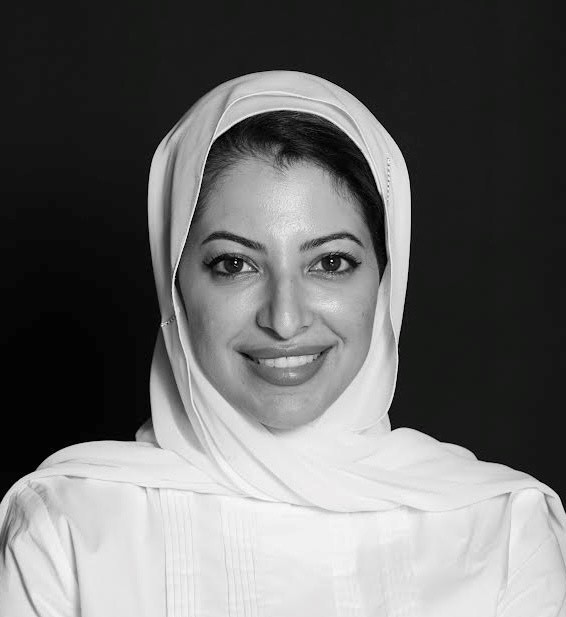RIYADH: According to the World Tourism Organization, Saudi Arabia was the most visited country by tourists in the Arab world in 2022.
Last year, the Kingdom welcomed 18 million tourists, compared to 14.8 million traveling to the UAE. These figures might be at first startling and incredible to imagine for a country that just a few years ago was nearly impossible to visit. The Gulf nation’s rapid social and economic transformations have spearheaded its tourism industry, now quickly becoming a much sought-after destination worldwide.
Saudi Arabia is home to six UNESCO World Heritage Sites, among the multitude of wide-ranging heritage sites, new hotels and museums as well as natural landscapes throughout the country.
During a session at the recently concluded Future Investment Initiative, it was noted that the Kingdom is contributing 6.4 percent to the annual gross domestic product while emitting only 3.3 percent of global greenhouse gases, according to new research published in “The Environmental Impact of Global Tourism.”
In a panel titled “What Is the Vision for High-Growth Industry?” at the forum, Saudi Minister of Tourism Ahmed Al-Khateeb said that the Kingdom was striving to raise the contribution of the travel and tourism sector to the gross domestic product from 3 percent in 2019 to 10 percent by 2030, and to reach 100 million local and international tourists.
Al-Khateeb said that Saudi Arabia was the fastest growing among the G20 countries in the tourism sector, with the number of tourists now reaching more than 30 million.
He added that this represented 40 percent of the targeted number of tourists, thus making the sector one of the most important in contributing to economic growth.
Earlier this month, Saudi Arabia also launched a global tourism research hub to explore the tourism industry’s shift toward climate sustainability. The Kingdom’s Sustainable Tourism Global Center, together with the Saudi Ministry of Tourism, partnered with 100 institutions worldwide to launch the research hub.
The World Tourism Organization’s regional office in Riyadh, which opened in 2021 as the organization’s first regional headquarters in the Middle East, speaks volumes about the Kingdom’s important and rising position in tourism on a regional and international scale.
The minister said that travel and tourism this year contributed 6 percent of the Kingdom’s gross domestic product. He also said he expected 100 million tourists to the Kingdom this year.
What is crucial, say Saudi and international tourism experts, is the way that the Kingdom is spearheading its growth, offering innovation in the sector while also preserving and celebrating its heritage and history.

Nancy Villanueva Garcia, CEO of Iberia & Middle East and global director of expansion markets at Interbrand, a division of Omnicom. (Supplied)
Nancy Villanueva Garcia, CEO of Iberia & Middle East and global director of expansion markets at Interbrand, a division of Omnicom, told Arab News: “Saudi Arabia is increasingly growing in significance globally as a tourist destination — giving local brands the opportunity to showcase themselves on a global stage.
“Brands should seize this momentum and use it to form emotional connections with Saudi citizens and invite their customers to actively participate in this process.”
“Driving participation and engagement would enhance the relevance of these brands both regionally and internationally,” she said.
As Saudi-born Sara Faisal, a senior strategist at Imagination Saudi Arabia, points out, the Kingdom is distinctive in its tourism industry. “Saudi Arabia is different from any other place in the world in that it has two types of tourism,” she told Arab News. “It is not just a place for international tourism but also religious tourism to Makkah and Madinah. We expect tourism on an annual basis within these two diverse aspects.”
The plans for the sector, rapidly being rolled out, Faisal said, are “enhancing the infrastructure of cities and showcasing Saudi Arabia to the world.”
Faisal also noted how the rising tourism industry was also shedding light on Saudi Arabia’s local culture and the stories therein.
For example, the Royal Commission of AlUla has been working closely with the local community in building AlUla as a cultural destination. Visitors to the ancient desert region can meet local women, watch them make handmade crafts and hear their stories.

Sara Faisal, a senior strategist at Imagination Saudi Arabia. (Supplied)
“It’s about shining a light on the local culture,” Faisal explained. “These ladies, who are storytellers and make their own handmade crafts, have always been there … it is that now the focus has been placed on them and their work.”
Studies have shown that many Saudi women are interested in working in tourism as it is a way to showcase their culture and identity.
“We have always had a tourism sector in the Kingdom, it is not that it came out of nowhere,” Faisal said. “It has long been part of local culture to welcome guests from around the world, even during ancient times.”
The difference, she said, is that now Saudi Arabia is focused on its culture.
“Culture is one of the most important key elements in Saudi Arabia when it comes to tourism,” she said. “The Kingdom is now enriching its tourism, attracting visitors and its culture and values and ability to communicate them are important to the sector’s growth.”


































